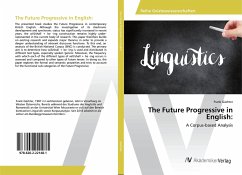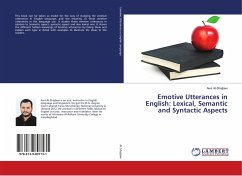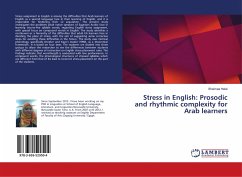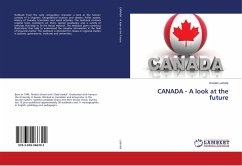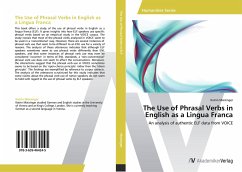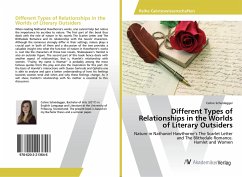The presented book studies the Future Progressive in contemporary British English. Although the investigation of its diachronic development and synchronic status has significantly increased in recent years, the will/shall + be -ing construction remains highly under-represented in the current body of research. This paper therefore builds on existing research and expands major theories in order to provide a deeper understanding of relevant discourse functions. To this end, an analysis of the British National Corpus (BNC) is conducted. The primary aim is to determine how will/shall + be -ing is used and distributed in different text types, especially spoken 'genres'. Moreover, the frequency with which each of the different types of will/shall + be -ing occurs is assessed and compared to other types of future tenses. In doing so, the paper explores the formal and semantic properties and tries to account for the functional sub-categories of the Future Progressive.
Bitte wählen Sie Ihr Anliegen aus.
Rechnungen
Retourenschein anfordern
Bestellstatus
Storno

